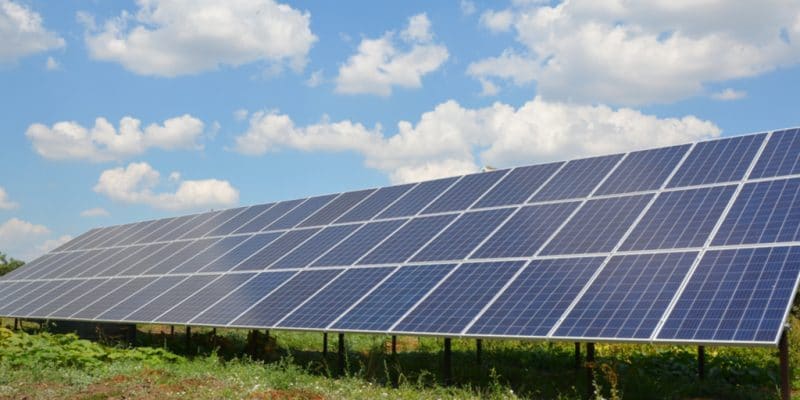An agreement has recently been signed between the African Union Commission (AUC) and the International Renewable Energy Agency (IRENA) to improve access to renewable energy in Africa in response to the coronavirus pandemic.
The African Union (AU), a continental body of 55 member states, and the International Renewable Energy Agency (IRENA), the main intergovernmental agency supporting countries in their transition to a sustainable energy future, have agreed on a new plan to respond to Covid-19 in Africa. In a virtual discussion between Amani Abou-Zeid, AUC Commissioner for Infrastructure and Energy, and Francesco La Camera, Director General of Irena, the two organisations decided to focus on innovative solutions to foster the development of renewable energy, including decentralised systems, to improve access to electricity on the continent.
This would improve Africa’s response to the coronavirus pandemic. For example, renewable energy will provide essential services in health centres and rural communities, such as medical equipment and water pumping for improved hygiene. “The deployment of renewable energy is a forward-looking strategy to ensure a resilient future in which no one is left behind,” says Francesco La Camera, managing director of the IRENA. “Our response to this crisis must also promote long-term sustainable development and support the implementation of nationally determined contributions (NDCs),” he added.
The African Union and International Renewable Energy Agency (IRENA) will also collaborate on the IRENA Clean Energy Corridor Initiatives in East, West and Southern Africa, which aim to advance the deployment of renewable energy through the creation of larger and more resilient electricity markets, encouraging cross-border trade in renewable energy.
Projects in line with the AU agenda
Prior to the AU-IRENA partnership, the AU had already undertaken several programmes, including the African Bioenergy Policy Framework and Guidelines, Renewable Energy in African Island States, Developing the Potential of Small Hydropower Plants in Africa, the Geothermal Risk Mitigation Facility and the Programme for Infrastructure Development in Africa (PIDA), as well as the Integrated Approach Strategy for the Provision of Basic Infrastructure in Rural and Remote Areas of Africa. The objective is to raise the continent’s renewable energy ambition.
In Africa, 600 million people do not have access to modern energy services.
Inès Magoum







